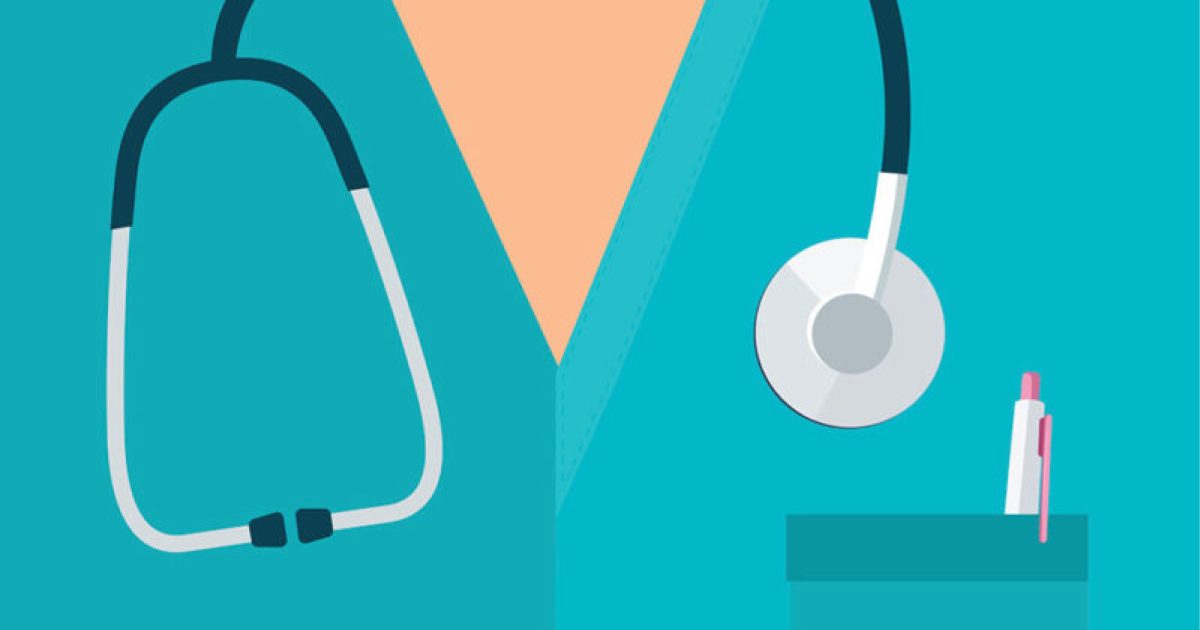
It is estimated that there will be a shortage of around 109,000 nurses in Australia by the year 2025. However, many newly qualified nurses are struggling to find jobs, leaving a generation of graduates in limbo. This guide will provide useful information and tips to help graduate nurses find their first job.
The current situation:
Figures from Graduate Careers Australia suggest a significant decline in the number of graduate nurses able to secure a job swiftly after completing their course. Just a decade ago in 2007, 97.4% of graduate nurses found full-time work within four months of finishing their studies. By 2014, this figure had dropped dramatically to 80.5 percent. Chantelle, a nurse who qualified from Griffith University in 2015, said that half of her class had been unable to find work after graduating.
With a shortfall predicted within the next decade, it seems illogical that it’s so hard to find a job, so what are the reasons? At a meeting of the Australian Nursing and Midwifery Federation in 2015, authorities and leaders gathered to discuss the situation and a further meeting is planned for this year (2017). The aim of the discussion was to try and pinpoint the reasons why up to 3,000 new graduates are missing out on employment opportunities every year. Problems that were discussed include budget cuts, the growing impact of a migrant workforce, global economic unrest, a lack of planning by health authorities and a breakdown in communication between hospitals, universities and government ministers.
Tips to find a nursing job:
Many people go to university with the belief that completing a course will set them up for a career, especially when it comes to vocational jobs like nursing. The reality is that thousands of nurses are finding it difficult to find a job after leaving university. Nurses who are on the lookout for employment are advised to take these tips and tricks on board:
- Studying and training: competition for jobs is fierce, so it’s important to stand out in a crowd. Take on as many extra training and study opportunities as possible to improve the CV and make the application stronger. Examples of additional training include stroke certification and blood withdrawal.
- Take advantage of clinical placements: impressing on a placement could increase the chances of finding work at that institution after graduation. Strive to show people your strengths and how hard you’re prepared to work.
- Put a portfolio together: it’s useful to be able to show an interview panel a portfolio, as well as a CV. This should include letters of recommendation, details of courses, certificates, and reports from volunteer placements.
- Gain experience: experience is incredibly valuable when it comes to securing a paid job, so try and get as much as possible before the interview process begins. If paid work is not a viable option, volunteering is an excellent way to develop skills and showcase attributes. Try and aim for a wide range of settings to display versatility.
- Seize opportunities: if opportunities come along, grab them by the horns.
- Keep learning: even after graduation, it’s important to keep learning. Expanding the knowledge base, advancing training and gaining more on the job experience will always prove valuable.
- Prepare thoroughly: going up against numerous competitors for a job is a daunting experience, and it’s essential to make the most of this opportunity. Prepare for every interview thoroughly, get an insight into what is involved and think about answers to questions very carefully.
- Get a CV ready: employers spend very little time reading through CVs, so make sure the application is succinct and to the point.
Preparing for an interview:
An interview can be a scary prospect at the best of times, let alone when competition for jobs is tough, and opportunities are few and far between. To get the most out of an interview, it’s essential to prepare in advance, stay calm and consider the answers to potentially tricky questions.
- Read any information about the interview before the actual date. If there is a task involved, it’s important to dedicate time to go through the questions, formulating a presentation and ensuring you have the knowledge to do a good job.
- It’s normal to be nervous before and during an interview, but try and take deep breaths, relax, and think positively. Speak slowly and be confident. Take time to think about answers before responding.
- Securing a job isn’t just about having the right qualifications and skills on paper. Personality can also count for a lot, so don’t be afraid to smile, maintain eye contact, and allow the panel to get to know you a little better.
- Be sure to arrive at the interview with all the documentation and paperwork required and allow plenty of time to get to the location. Plan the route in advance and dress smartly.
- Research the institution or facility in advance of the interview. It’s useful to have background information and to understand the ins and outs of the role.
How to complete a police check for your next Nursing Job:
In order to work in the health sector, all applicants are required to obtain a police check. It is very simple to complete a check online at InterCheck. There are four straightforward steps involved:
- Choose the type of check you need
- Pay online and fill in the application form
- Upload your 100 points of identification documents online
- Receive your certificate (this will be sent via email, and it will also be available via your online account)
Although a growing number of graduate nurses encounter difficulties finding a job after university, there are openings out there. Look out for details of jobs and opportunities, build up a portfolio, be prepared to take on extra training courses and try and get as much experience as possible. Submit a strong CV and supporting statement and prepare for interviews thoroughly. Stay calm, be confident, and demonstrate passion and personality as well as skill. Don’t panic if the first interview isn’t successful. Hang in there and keep your eyes peeled for new vacancies. Good luck!
Additional references:
https://healthtimes.com.au/hub/nursing-careers/6/news/kk1/surviving-your-first-year-as-a-nurse/2239/











